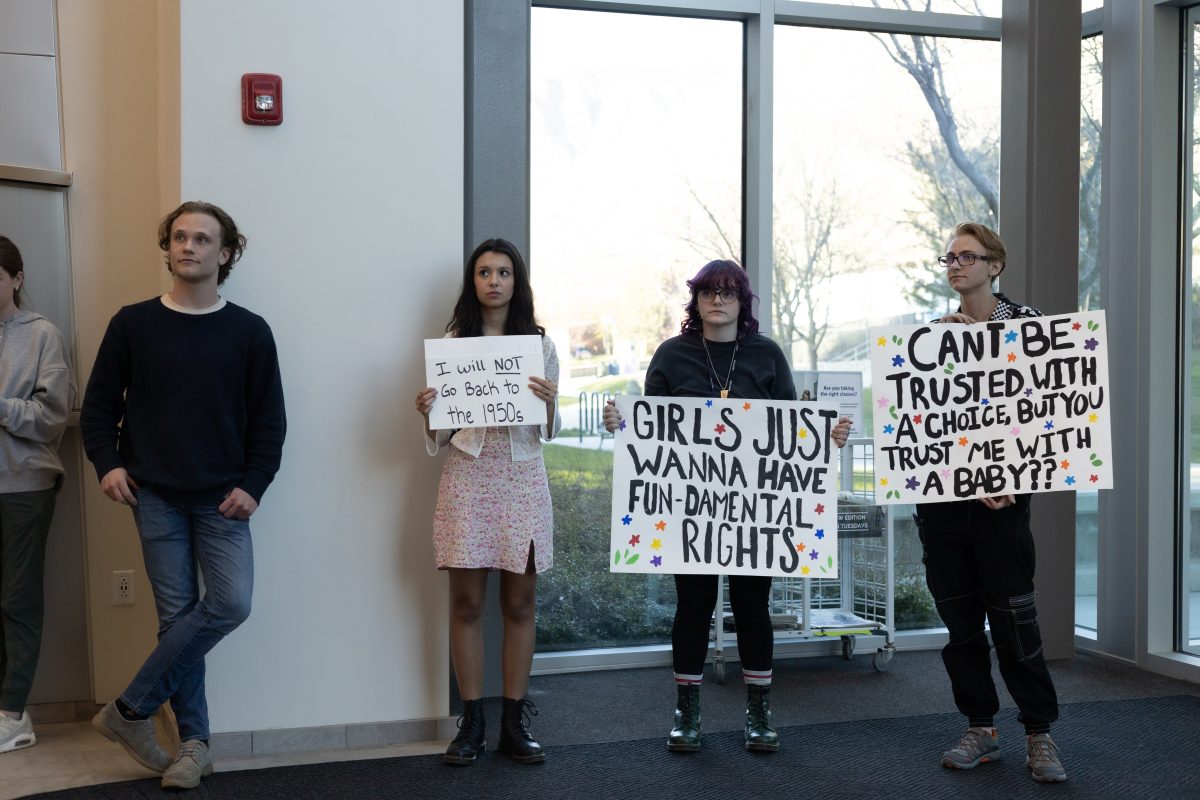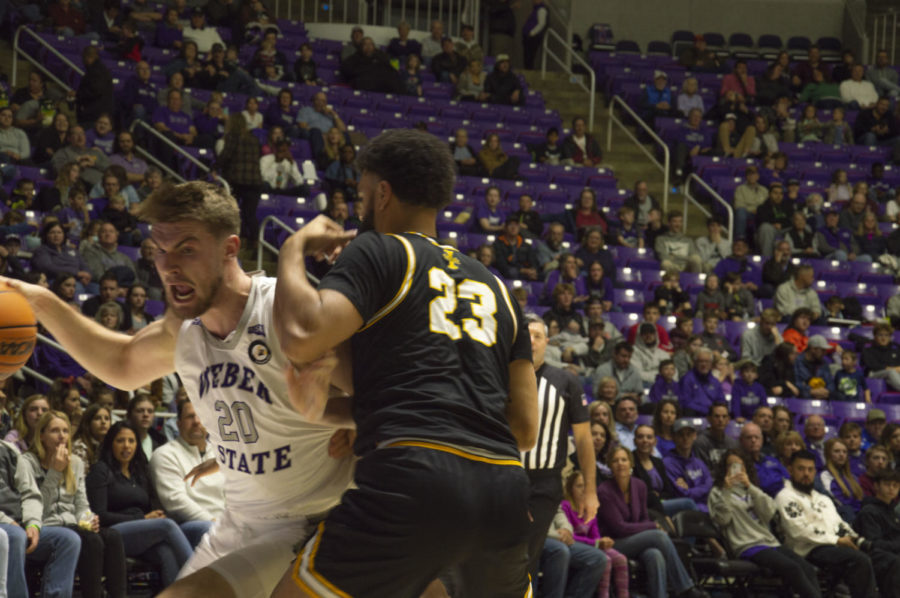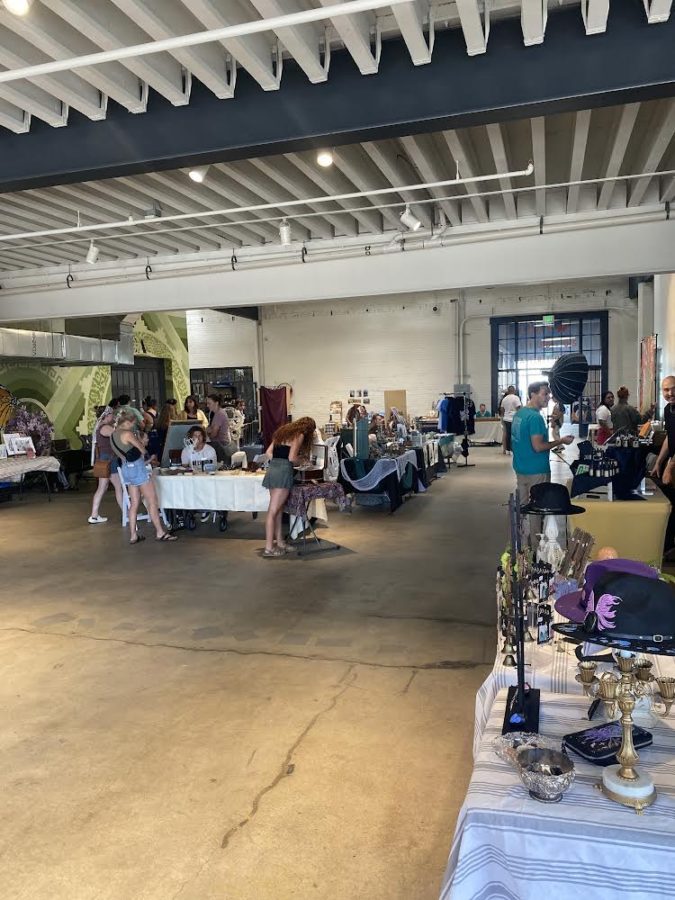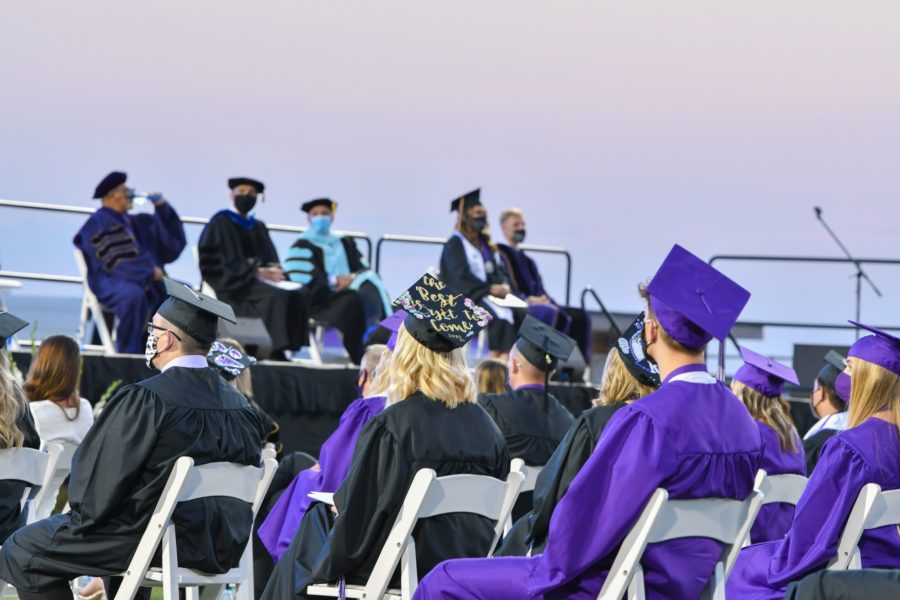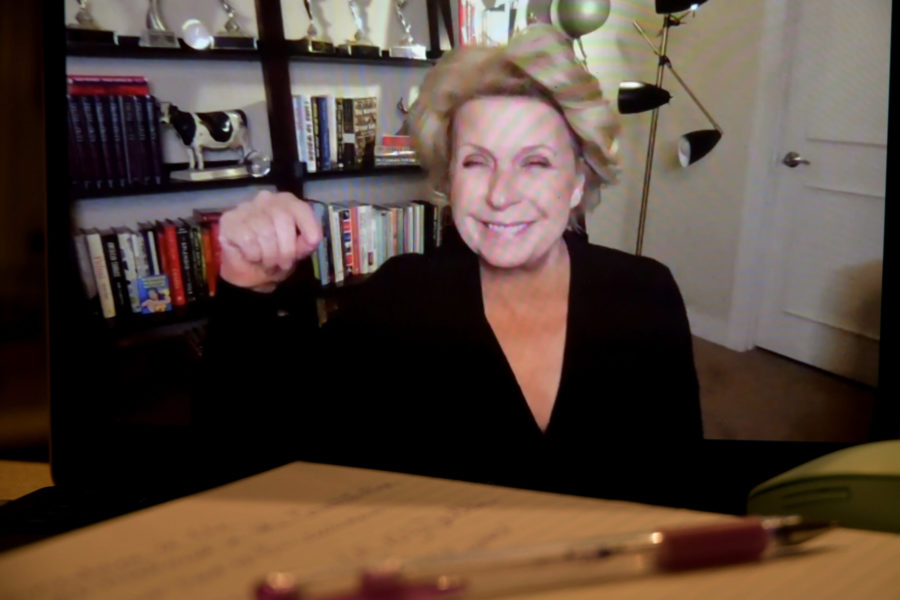
Ben Taylor’s story began on YouTube after he graduated from Weber State University. He had a common annoyance: after he would list items on KSL, he often received messages from people trying to scam him. In this year’s Ralph Nye Lecture series, Taylor returned to WSU to discuss how one message turned out to be more than typical scam bait.
Instead of ignoring those scam messages like most people, Taylor filmed his responses and posted them to YouTube. These videos, though not the only ones he posted, garnered huge views and approval from the internet.
That’s when Taylor received a message from a man in Africa. It read, “Helo Sir, wel my name is Joel from Liberia, West Africa. Pls I beg you in name of GOD, I need some assistance from u, business or financial assistance dat will help empower me pls.”
Joel continues in following messages to ask Taylor for used electronics and other goods for him to sell in the Liberian market.
Sure it was a scam, Taylor sent nothing. Instead, he posed as photographer and asked Joel to take pictures. He promised to compensate Joel for any photos that were good. Taylor assumed he could waste Joel’s time and keep him from scamming others.
The first few photos were awful, so Taylor sent him a $30 camera to take pictures with. It quickly became clear that though the phone camera had been an issue, Joel’s inexperience was an even larger issue.
“The camera wasn’t the problem, it’s the guy whose operating it,” Taylor in a lecture at WSU.
Over the course of the summer, Taylor started to “tutor” Joel in how to take better photos. He taught him how to use the lighting to his advantage and how to find better subjects — and Joel responded.
Joel’s pictures became much better, and he put in hours of work to improve and find interesting things in Liberia to document. Taylor found himself in a new dilemma: he now had to come up with a way to send him the money he had promised Joel, as they were now partners in the “business,” and Joel had held up his end of the arrangement.
Taylor started a funding project on Kickstarter. He compiled several of Joel’s good pictures and put them into a photo booklet to sell.
“I was hoping to sell maybe 20 or 30 of them to friends and family and make enough to pay Joel and be done with it,” Taylor said.
People started to buy the book from all around the world. Since Taylor had been documenting his journey with Joel on YouTube, those who had been following the journey bought one. Many also showed up to help him ship out the books, without an advertisement from Taylor.
At the end, Taylor raised about $13,000. Because he hadn’t charged shipping, he had to use most of the money toward shipping, but still made $1,000.
Taylor sent Joel all of the money, sending his own half to help the people of Liberia through Joel. When Joel received the money, he used Taylor’s half to buy out the market of school supplies and took the supplies to five local schools.
Since this, Taylor visited Liberia after someone sent him a half of a bitcoin — $8,000 dollars at the time, in order to get him there. During his visit, he filmed a segment with CBS. When CBS aired it, they raised $60,000 dollars for Liberia and Joel in one day.
Taylor’s biggest message during the lecture was that sending money wasn’t the solution. Rebuilding the nation wasn’t going to come through sending them large amounts of money, but it is going to come through “rebuilding the individuals.”
“Relief and help are very different,” Taylor said. “When there is a natural disaster or an outbreak, we need to provide food and water and medicine and provide aid. But we have to transition between relief and development. If you just give, give, give, you create a culture of dependency.”
Taylor’s message, essentially to teach a man to fish, many agreed with.
Nontraditional Student Senator Shalay Beenfield, said, “I’ve always had the same views as Ben. I think that it’s definitely better to build up individuals than to simply send them aid. I think that individuals benefit more from having a purpose and doing something worthwhile.”
The Ralph Nye Lectures are every Thursday from 12 p.m. to 1:15 p.m. during fall semester.



